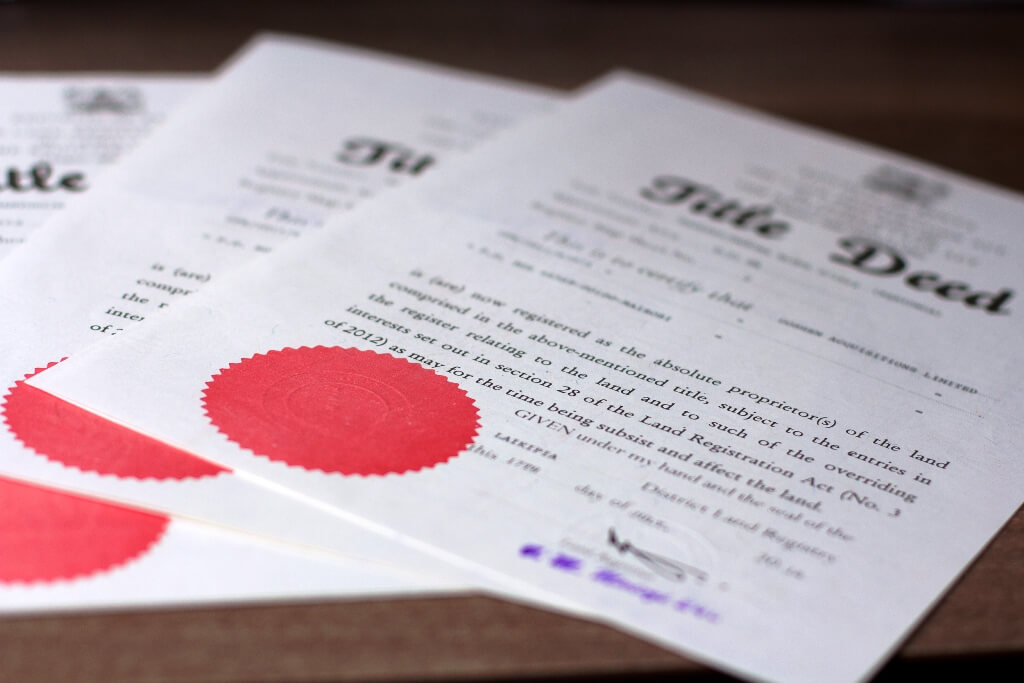
With the ongoing discussions among them the proposal to amend the Land Act of 2012 which has since been withdrawn, understanding the types of land ownership available is important especially if one intends to purchase land.
The controversial bill proposed to insert a new clause which will force freehold land owners, property owners who enjoy free ownership for perpetuity and can use the land for any purposes, to pay land rent. The constitution states land tenure is the act, right or period of holding land and here are two types of land tenure system in Kenya
Freehold
A freehold ownership offers complete ownership of the land for life and the owner of the property has the liberty to venture in activities that align with the land regulations. This means descendants can succeed the owner for as long as the family lineage exists.
Key Features
- The freehold tenure system has absolute ownership of land
- The freehold land tenure system has no land rents.
- The freehold tenure can be passed to heir’s subject in compliance with the laws of succession
- The freehold has fewer restrictions compared to leasehold tenure
- Foreigners cannot invest in freehold tenure
Leasehold
Leasehold ownership means that the person (lessee) is given the right to use land owned by another party (lessor) for a specified period, which is determined by a lease agreement. Upon expiration of the lease term, ownership of the land reverts to the freeholder unless the lease is renewed by the lessee. Leasehold property is common in cities, municipals, towns and urban areas. Freehold properties that have been commercialized for business and investment may be considered for lease in the near future.
Key Features
- Leasehold is only valid for the period stipulated in the lease agreement.
- The lessee may be required to pay an annual rent to the lessor.
- The use of the land is usually subject to certain conditions as per the lease agreement.
- Leasehold interests may be renewed, subject to negotiations and the consent of the lessor. If not renewed, the land reverts to the freeholder upon lease expiration.
- Foreigners are permitted to own this type of title deed.
The main differences between freehold and leasehold ownership in Kenya are:
1. Duration of ownership:
- Freehold: Complete ownership with no time limit
- Leasehold: Ownership for a specific period, from decades to 99 years or 999 years
2. Land rights
- Freehold: Full rights to the land and any buildings on it
- Leasehold: Limited rights as specified in the lease agreement
3. Transfer of ownership:
- Freehold: Can be easily transferred or inherited
- Leasehold: Transfer may require approval and be subject to conditions
4. Payment:
- Freehold: One-time purchase price
- Leasehold: Initial payment plus ongoing ground rent to the lessee
5. Control:
- Freehold: Owner has full control over the property
- Leasehold: Subject to restrictions and conditions set by the lessee
It is important to understand the difference as most investors, end up acquiring property without proper guidance regarding the land tenure system. Through proper due diligence, legal and professional advice, these investors can make more informed decisions avoiding pitfalls.
Invest with Optiven Ltd
Call us: 0790 300300 / 0723 400500
Email: info@optiven.co.ke
https://www.optiven.co.ke/properties/



